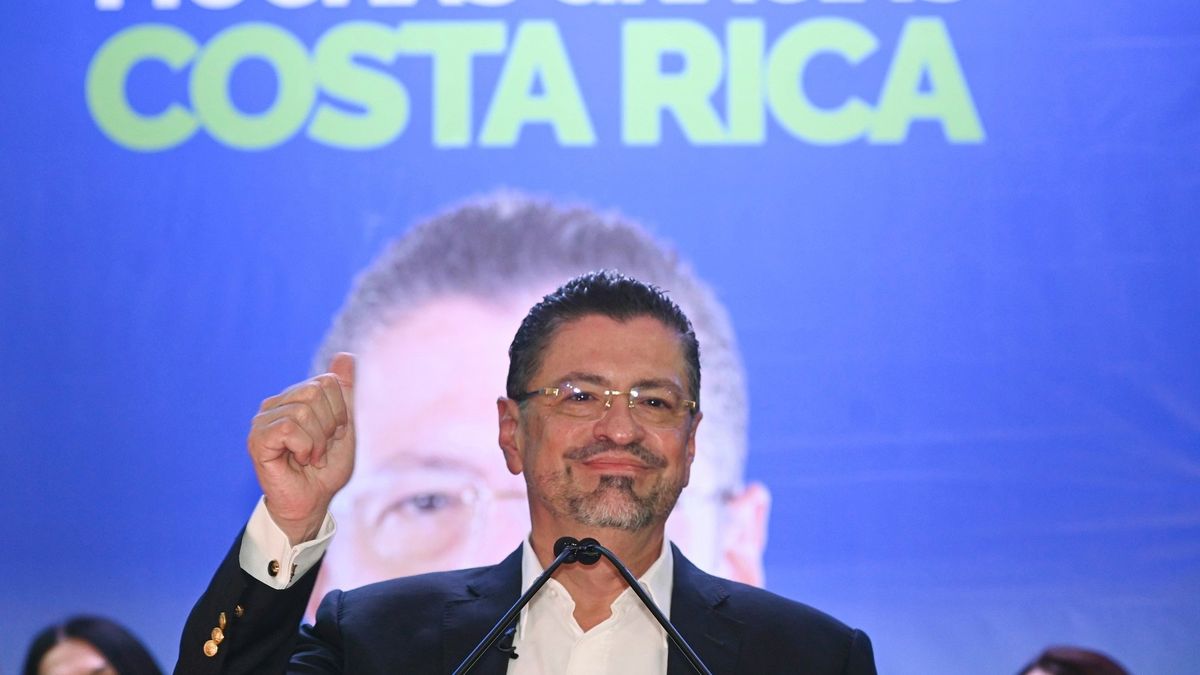“Soon we will present to Congress a bill to that effect. They are ready and I am reviewing them“, said Chaves in a speech on Tuesday on the occasion of the first 100 days of his administration.
Meanwhile, the Central American Bank for Economic Integration (CABEI) reported that it approved a credit line of US$290 million for the country that would be used for fiscal consolidation and “in the application of reforms that help with the decarbonization of the economy.” .
What happens in Costa Rica with the public debt
Banco de Costa Rica (BCR) and BICSA (International Bank of Costa Rica) are state-owned banks. The latter has a presence in the United States, Mexico, Panama and some Central American nations.
Chaves, a conservative economist and former World Bank official, assumed the presidency of Costa Rica in May with the challenge of containing the country’s fiscal deficit, whose public debt is equivalent to 70% of its Gross Domestic Product (GDP).
After winning the elections, Chaves considered “Indispensable” an agreement that his country had signed with the International Monetary Fund (IMF) for US $ 1,778 million and announced that he hoped to improve it, offering more efficient economic growth plans and “more ambitious public policy measures.”
At the end of March, the IMF reactivated a credit program agreed a year earlier with Costa Rica, which is committed to making adjustments to reduce the deficit in its public finances. Costa Rica closed 2021 with a fiscal deficit of more than 5% of GDP, lower than the 8.03% registered in 2020.
One of the requirements for the disbursement of the IMF was the approval of a public employment law, which readjusts pensions and equalizes salaries, in order to cut spending.
“We will implement measures to contain the growth of public spending by reducing and optimizing State rents, the Public Employment Framework Law and the restructuring of the State,” Chaves said on Tuesday.
“In debt management, this administration will seek the placement of Eurobonds to improve the conditions of debt placement for this country,” he commented.
Costa Rica’s commitment to receive the 1,778 million dollars from the IMF is to eliminate the primary deficit in 2023 and lower the debt to 50% of GDP in 2035.
To this end, Costa Rica proposed a series of initiatives such as the public employment reform, which was approved by the Costa Rican Congress and which establishes a global salary for the public sector, in addition to prevent the negotiation of certain salary aspects in collective agreements.
That labor reform, a key piece of the agreement with the IMF, had been rejected by unions that consider that state workers have been hit in recent years by the 2018 tax reform and the austerity policies of the current government of Carlos Alvarado.
The Government maintains that the agreement with the IMF will allow it to access funds under better conditions and will also increase the credibility of the country before other international financial organizations to obtain credits at better rates and terms.
Source: Ambito
David William is a talented author who has made a name for himself in the world of writing. He is a professional author who writes on a wide range of topics, from general interest to opinion news. David is currently working as a writer at 24 hours worlds where he brings his unique perspective and in-depth research to his articles, making them both informative and engaging.




